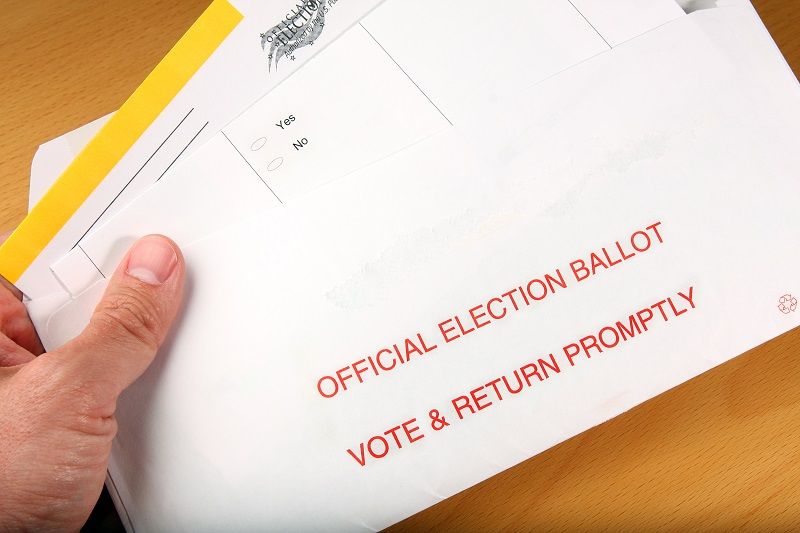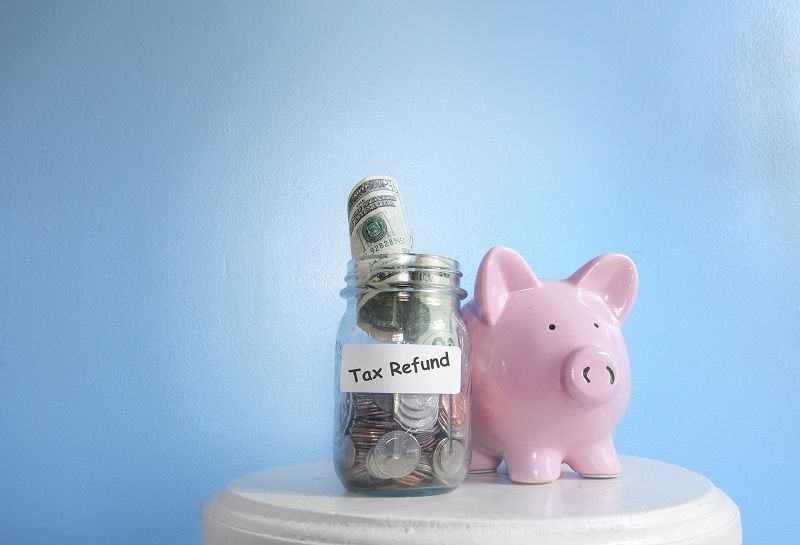Public employee union backers of Initiative Petition 28 have turned in more than enough signatures to place their massive 2.5 percent gross receipts tax measure on Oregon’s November ballot.
While supposedly dedicating most of the $6 billion per biennium additional tax revenue to public education, health care, and senior services, in reality legislators would be under pressure from powerful lobbyists in the Capitol to substitute at least some of this new revenue for money they would otherwise dedicate to those services. In short, the loudest voices in Salem, not voters, will ultimately control where this extra tax money goes.
While the unions portray their measure as making large, out-of-state corporations pay their fair share of Oregon taxes, the nonpartisan Legislative Revenue Office has released a detailed report giving a much more balanced perspective, which includes:
■ IP 28 will increase state and local taxes by $600 per year on average for every man, woman, and child in Oregon, totaling over $6 billion each full biennium.
■ IP 28 will dampen income, employment, and population growth over the next 5 years. In fact, it is expected to reduce employment growth by more than 20,000 jobs over the next five years, with private sector job growth slowing while public sector job growth accelerates in order to spend all that new tax money.
■ IP 28 will hit lower- and middle-income Oregonians harder than it will affect high-income earners. In other words, it is a regressive tax.
Perhaps most telling, the Legislative Revenue Office concludes that IP 28 will act largely like a consumption tax. It estimates that roughly two-thirds of that $6 billion per biennium tax increase will be passed on to Oregon consumers in the form of higher prices. Another name for a consumption tax is a sales tax.
The reality that IP 28 would effectively be a sales tax should be a lesson for all Oregonians that businesses generally don’t pay taxes, people do. Even the largest corporations are made up of people, namely employees, and sell their goods and services to other people, namely customers. It is largely these two groups of people who pay so-called business taxes like the one that IP 28 would impose.
The backers of IP 28 certainly understand that it is really a tax on people, not corporations. But, it is harder to get voters to approve a tax measure when they think it will hit them with rising prices at the store and fewer job opportunities. Better to promote the fiction that big faceless corporations have some magic pots of money that they will simply hand over to state government and public employees without any consequences for the rest of us.
Public employee unions back IP 28 because most of the tax revenue it would generate will go into the pockets of their members. Once the rest of us realize that this money will come primarily out of our pockets, we might not be too excited about voting for this massive new money grab.
A version of this article originally appeared in The Coos Bay World on June 1, 2016.











